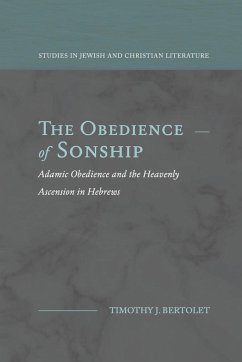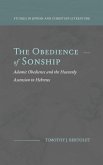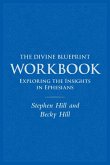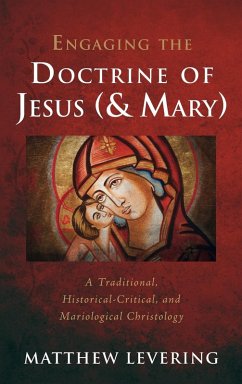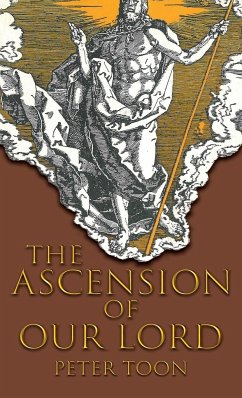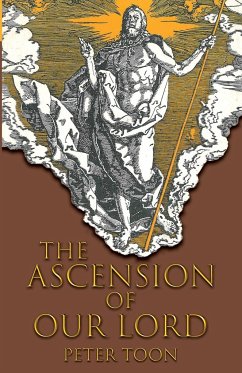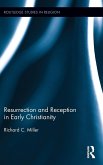The ascension of Jesus in the book of Hebrews remains an understudied theme in the scholarly literature on Hebrews. This study explores the relationship between the Sonship of Christ and his ascension in the book of Hebrews. Wading into recent debates by scholars over the nature Hebrews' Christology, this study argues that Hebrews 1 and 2 show the Son is both divine and human. As divine, the Son radiates the glory of God, and that glory is put on display in the ascension. Equally, as the incarnate human, the Son fulfills the telos of humanity in his ascension where he is "crowned with glory and honor" and becomes the first human to participate in the age to come, having effected this transition of the ages. He ascends as the glorified eschatological man as a forerunner for the "sons of glory." This aspect of Hebrews' presentation of the Son can rightly be called a "Second-Adam Christology." The Son fulfills the human vocation through his cries with loud tears in an exercise of Adamic-Davidic obedience and faithfulness. The Son's trust in the Father through his suffering qualifies him to receive the eschatological glory of Adam and ascend up to the divine throne. Thus, for Hebrews, the Son's ascension both confirms the Son's fulfillment of humanity's destiny and reveals the Son's divine identity.
Hinweis: Dieser Artikel kann nur an eine deutsche Lieferadresse ausgeliefert werden.
Hinweis: Dieser Artikel kann nur an eine deutsche Lieferadresse ausgeliefert werden.

